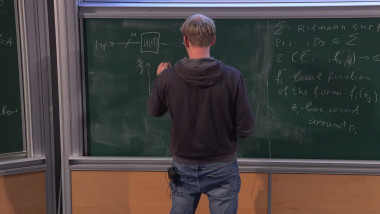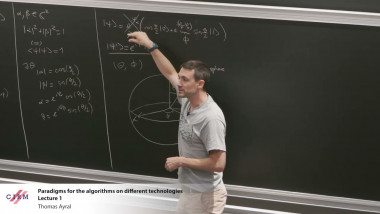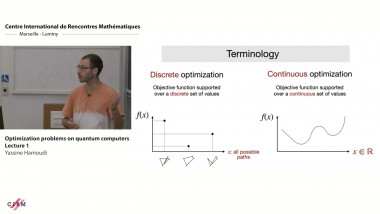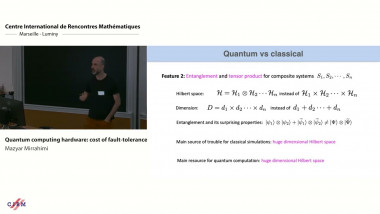Appears in collection : 2018 - T2 - WS1 - Observability and estimation in quantum dynamics
Bayesian filtering techniques have potential to change capabilities of atomic sensors, paving the way for using them in tasks in which high resolution in real-time is essential. In the recent experimental work [PRL 120, 040503 (2018)], we achieve the first step and show that such methods allow one to evade the trade-off between sensitivity and time resolution in coherent sensing. We study causal waveform estimation (tracking) of time-varying signals in a paradigmatic atomic sensor, an alkali vapour monitored by Faraday rotation probing. We use Kalman filtering, which optimally tracks known linear Gaussian stochastic processes, to estimate stochastic input signals that we generate by optical pumping. Comparing the known input to the estimates, we confirm the accuracy of the atomic statistical model and the reliability of the Kalman filter, allowing recovery of waveform details far briefer than the sensor's intrinsic time resolution. With proper filter choice, we obtain similar benefits when tracking partially-known and non-Gaussian signal processes, as are found in most practical sensing applications.
















